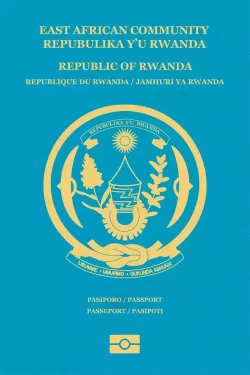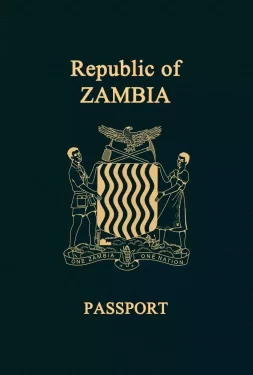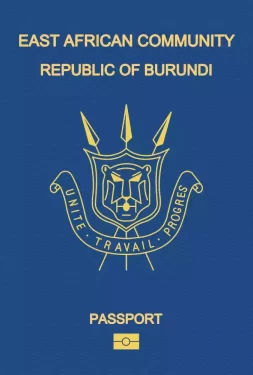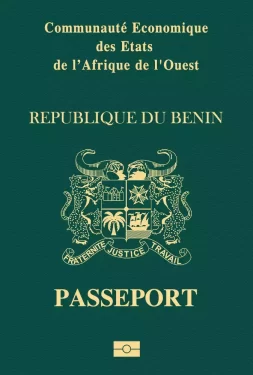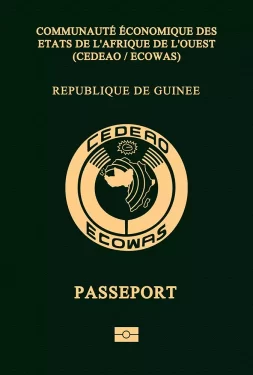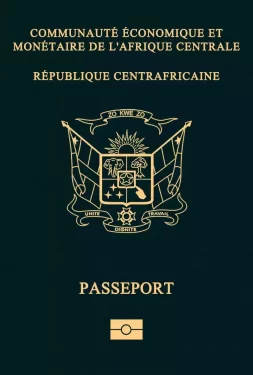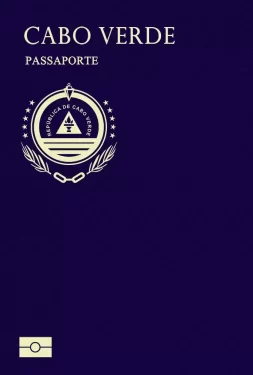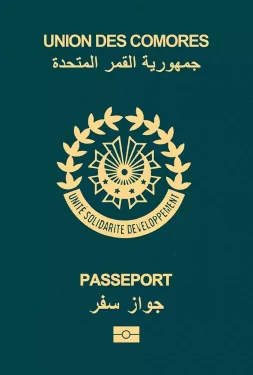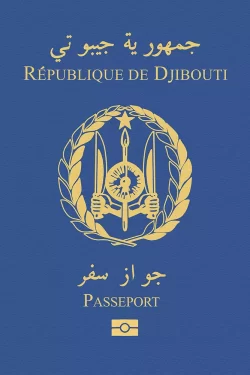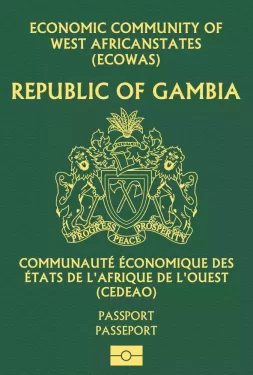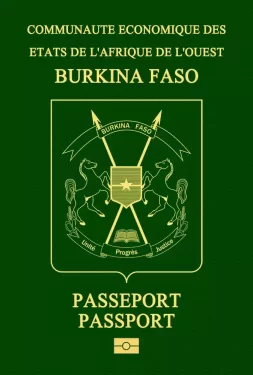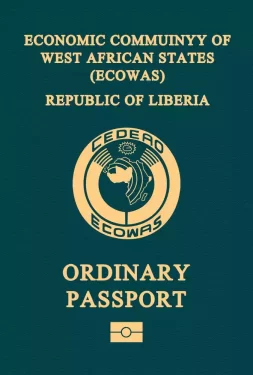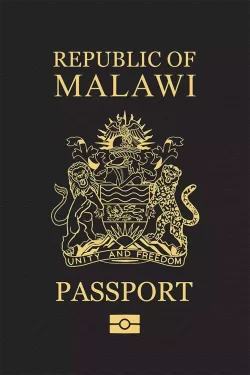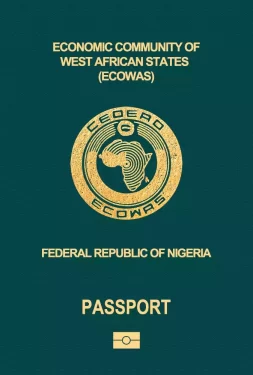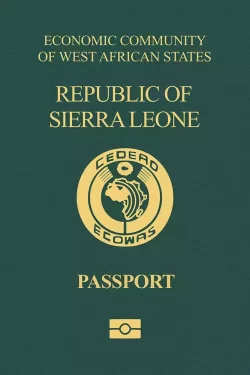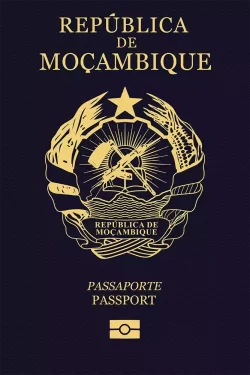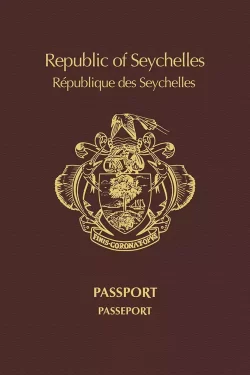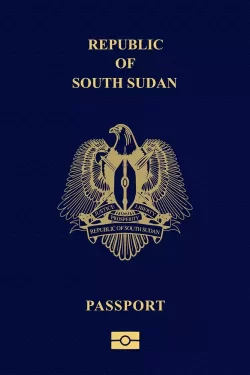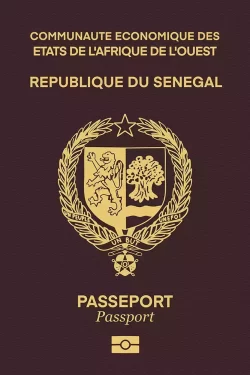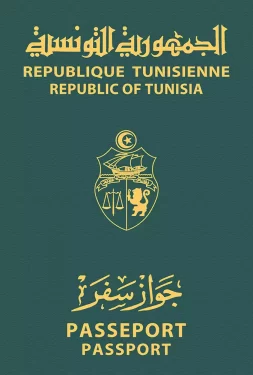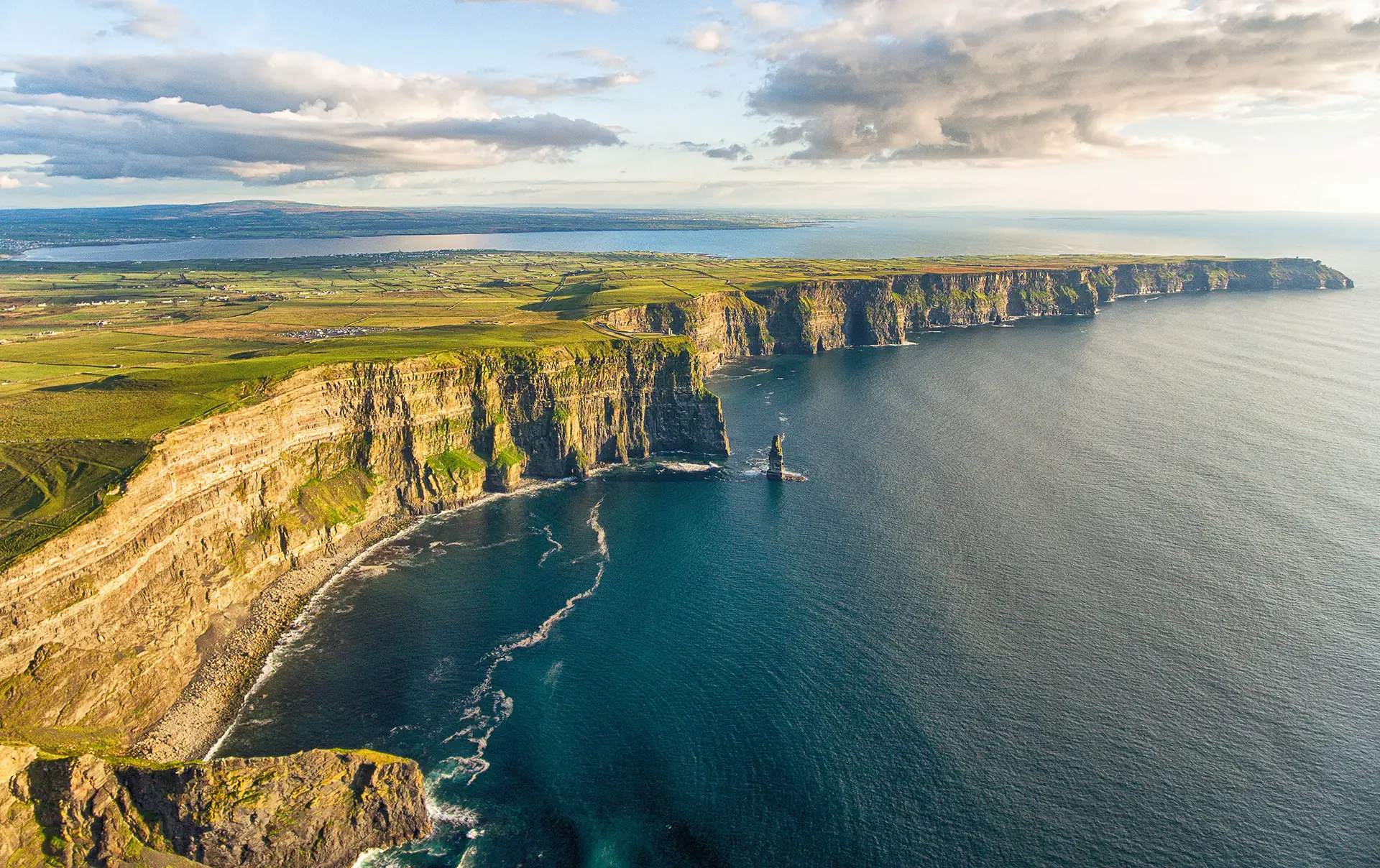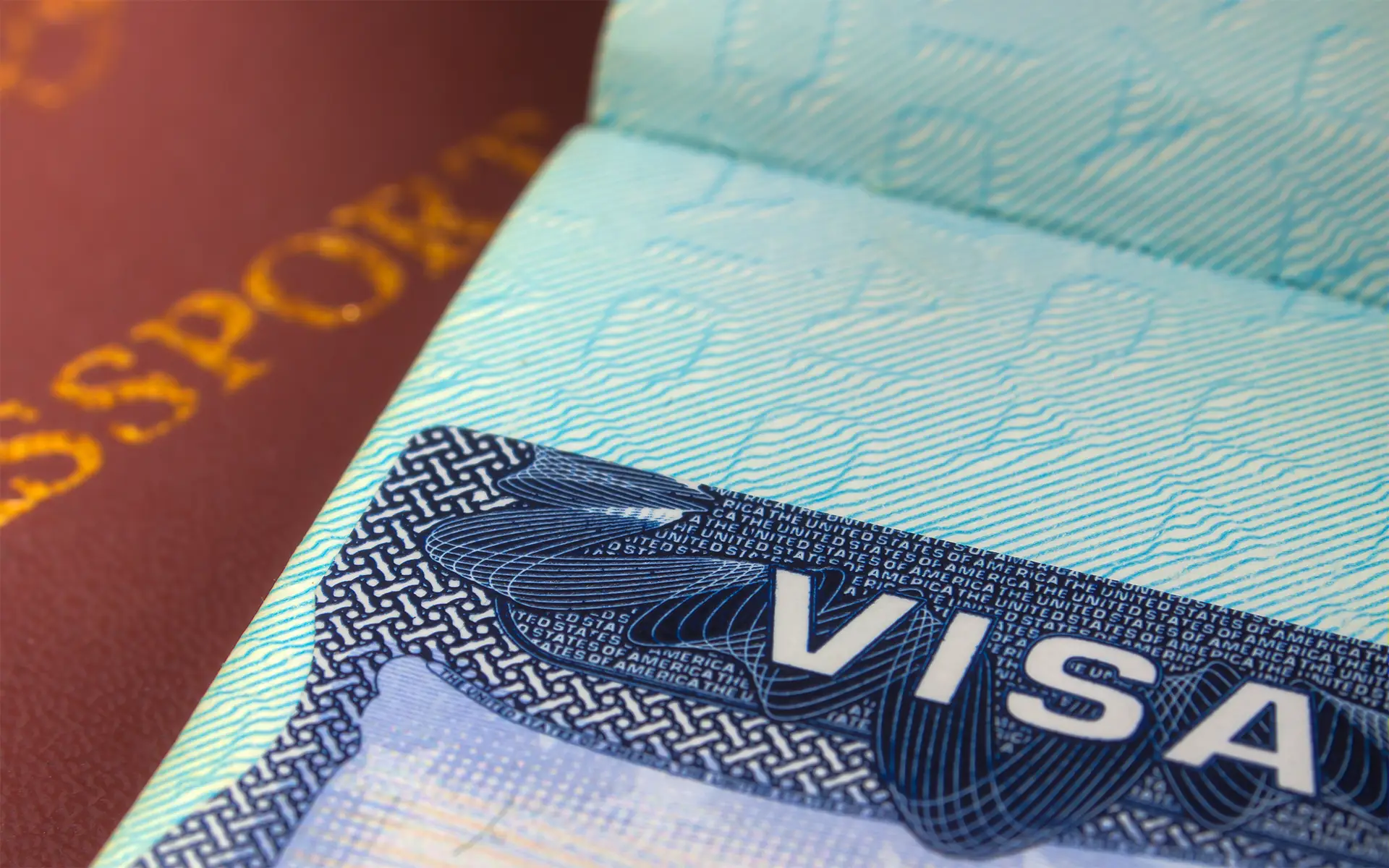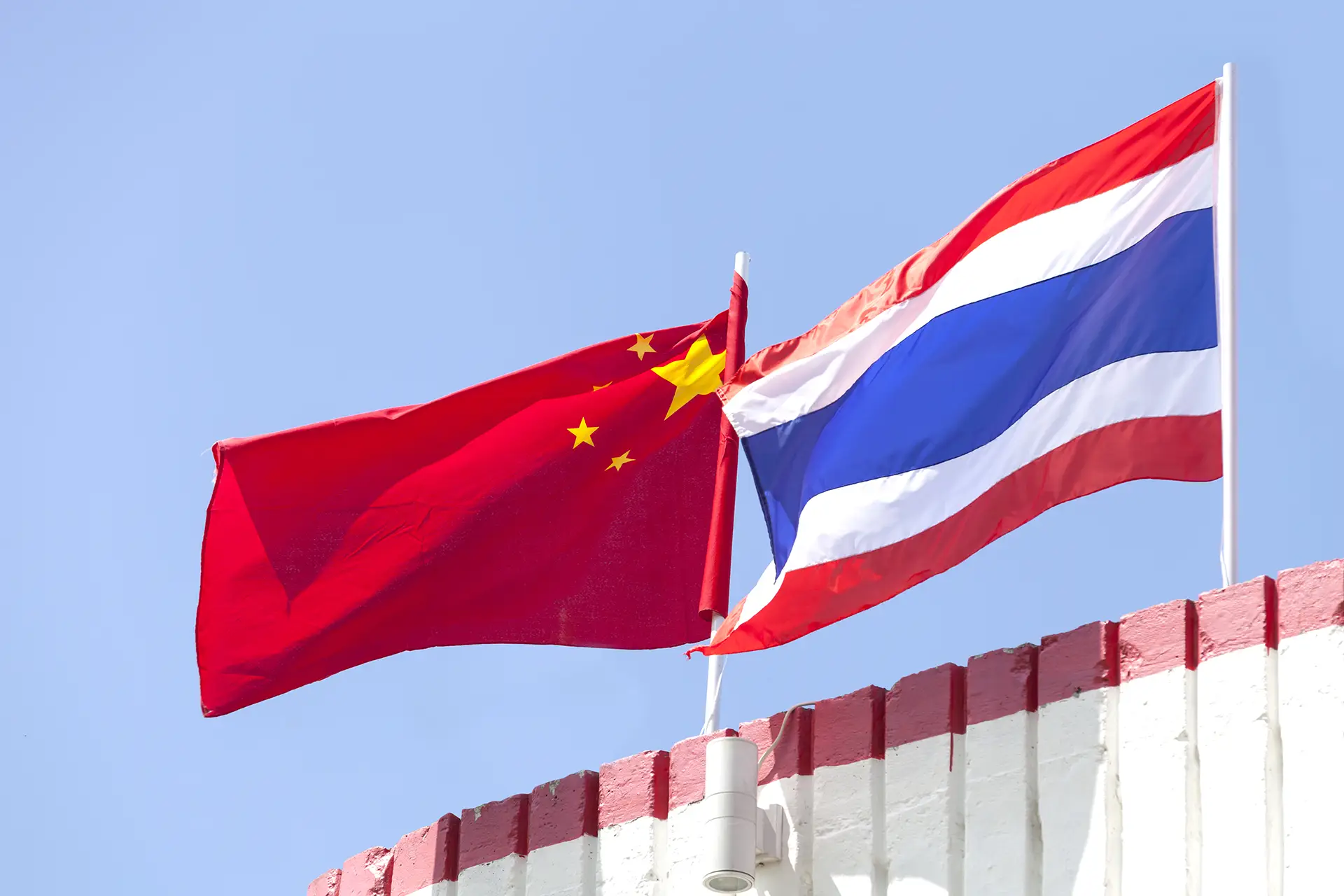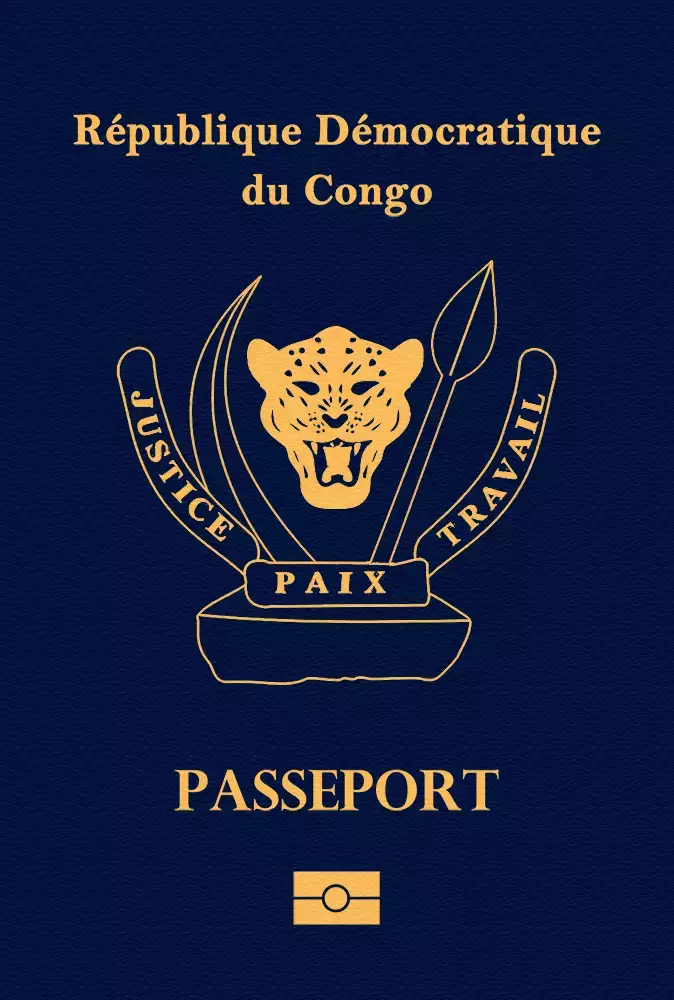

Congo (Dem. Rep.)
Congo (Dem. Rep.) passport ranking
The passport from the Democratic Republic of Congo passport is currently ranked 95th place on the Guide Passport Index. It provides visa-free access to 44 destinations. Congolese passport holders have visa-free access and visas on arrival to countries such as Philippines and Singapore. Congolese citizens require a visa to enter 185 destinations in the world such as China, Russia, the United States and the entire European Union. This high visa requirement results in a very low mobility score.
Congo (Dem. Rep.) Passport Ranking
The Congo (Dem. Rep.) passport ranking relative to other global passports is calculated by adding up the number of countries that allow Congo (Dem. Rep.) passport holders to enter without a visa (i.e. visa-free countries) and those that allow Congo (Dem. Rep.) passport holders to enter by obtaining a visa on arrival (i.e. visa-on-arrival countries) or electronic travel authorization (eTA). There are currently a total of 17 Congo (Dem. Rep.) passport visa-free countries, 26 Congo (Dem. Rep.) visa-on-arrival countries, and 1 eTA destinations.
Altogether, Congo (Dem. Rep.) passport holders can enter a total of 44 destinations—either without a visa, through a visa on arrival, or via an eTA. As a result, the Congo (Dem. Rep.) passport ranks 95 in the world.
Separate from these Congo (Dem. Rep.) visa-free countries and visa-on-arrival countries, there are 185 additional destinations in which Congo (Dem. Rep.) passport holders either need a physical visa to enter or an eVisa (i.e. visa required countries).
About Congo (Dem. Rep.)
The Democratic Republic of the Congo (DRC) is a former Belgian colony. Located in Central Africa, it consists of 25 provinces. It borders Zambia, Angola, the Republic of the Congo, the Central African Republic, South Sudan and Tanzania. The most important provinces are Kinshasa, Tshopo, and Zongo. The DRC is the 2nd largest country in Africa with a surface area of 2.3 million square kilometers. Its climate is diverse due to its size but generally tropical with varying dry and rainy seasons. Its terrain is characterized by a large central basin, high plateaus, and three mountain ranges.
The overall population is over 101 million people. The capital of the country is Kinshasa, which is also the largest city of the country with 14 million inhabitants. Other important cities are Mbuji-Mayi, Lubumbashi, and Kananga. The largest airport is N’Djili International Airport (FIH). It connects the country to destinations across Africa, Belgium, and France and is named after the Ndjili River, which is close to the airport.
The DRC gained independence from Belgium in 1960. Its culture is dominated by a mix of traditions from multiple ethnic groups and the Belgian heritage. The main religion of the country is Christianity (95%). The official language of the nation is French, making it the most populous francophone country in the world. The legal system is based on the Belgian civil, customary, and tribal law. The government form is a semi-presidential republic. President Felix Tshisekedi is the elected chief of state and the head of government is Prime Minister Sama Lukonde. Elections take place every 5 years.
The official currency is the Congolese franc (CDF) with the current exchange rate being CDF 2,626 to the USD. The DRC has an open economy, generating a GDP of approximately $64 billion. This makes it the 17th largest economy in Africa. It has a per capita income of $660. The main GDP-contributing sectors are services and agriculture. The main export products are coffee, copper, cobalt, gold, and quinine. Further diversification is sought after by the government but is developing slowly.
The DRC is a growing tourism destination offering limited attractions. It is known for its wildlife and national parks. There are 5 natural UNESCO World Heritage sites. The main tourist activities are primate such as gorilla tracking and animal watching. Some destinations are the Lola Ya Bonobo, the Kahuzi Biega National Park, and the Nyiragongo Volcano. The majority of the 350,000 yearly tourism visitors originate from the neighboring African countries and Europe.
